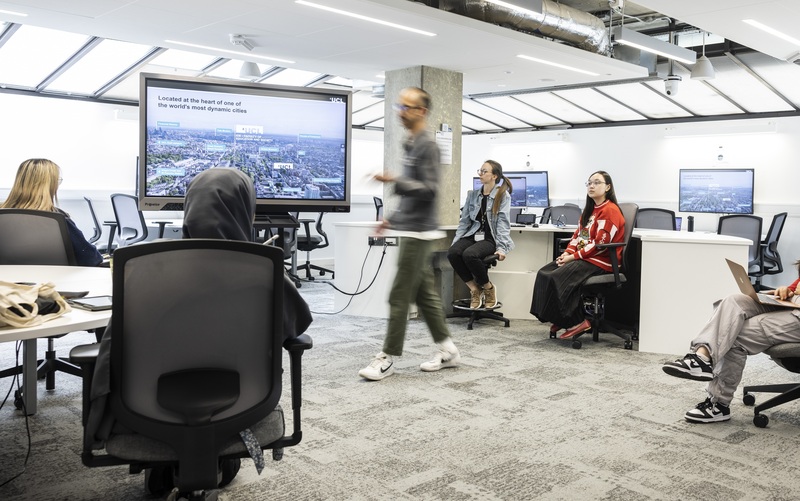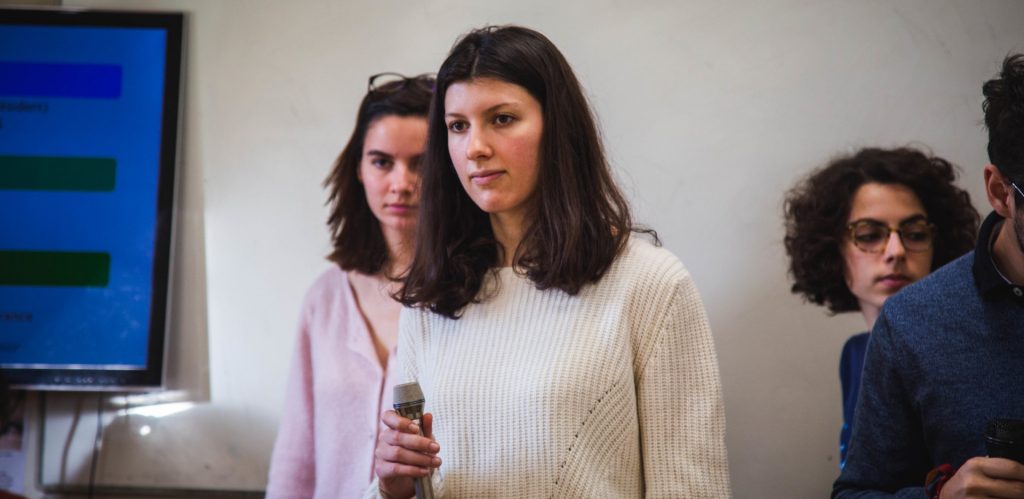Can we level the social sciences playing field? Reflections from CLS’s first-ever summer school
By Blog Editor, IOE Digital, on 24 October 2023

Credit: Annanahabed / Adobe.
The year 2023 marked many things: the coronation of the UK’s new King, the coinage of the term “Barbenheimer”, and, perhaps most importantly, the inaugural Centre for Longitudinal Studies (CLS) Year 12 Summer School ‘Harnessing the power of longitudinal research for policy impact’.
Our motivations behind the summer school were twofold: to contribute to widening participation efforts in general across the higher education sector, and to support greater diversity in the social science researcher pipeline. Our experience showed the real potential of programmes that give under-represented school students the opportunity to work directly with university departments on scholarly research, especially when that is over an extended period. Such programmes can make a distinct contribution to showcasing that university is a realistic, and hopefully desirable place for young people to be. They can also be incredibly rewarding for the academics who lead them. (more…)
 Close
Close










